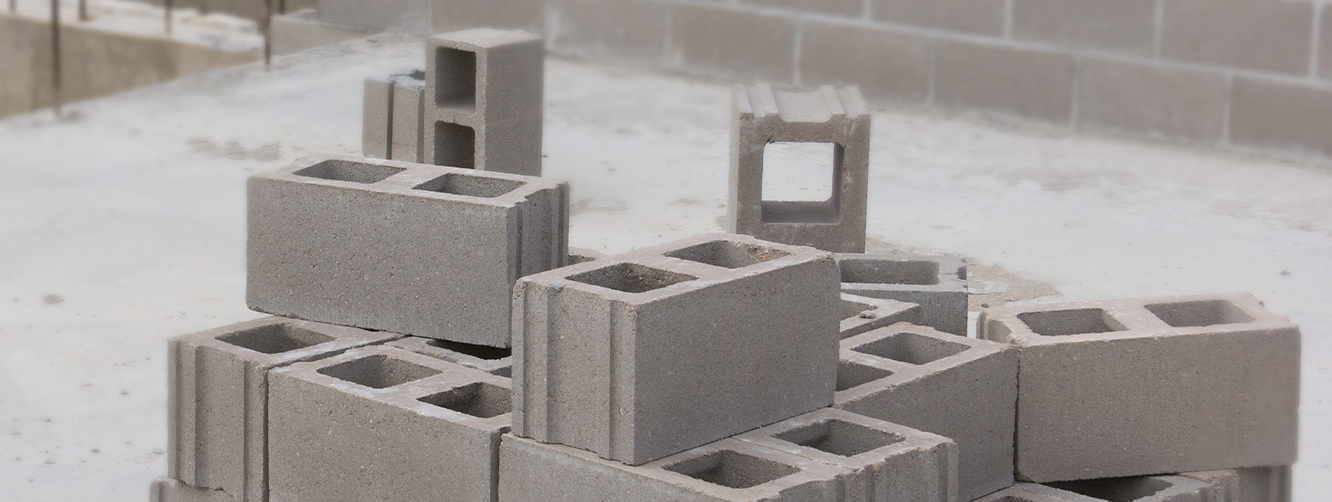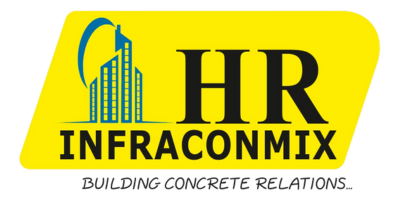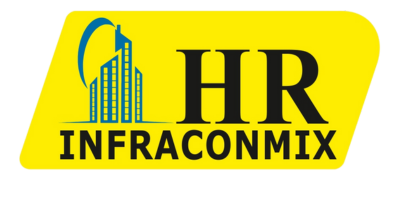
Concrete blocks have achieved pinnacle of popularity as masonry units in recent decades even though they are being used as building material for more than a century. Constructing houses with concrete blocks is rather the latest as conventional brick has been losing its demand. Concrete blocks consist of many unique features which have made them a better choice as masonry units than red bricks or other construction materials like woods, glass, etc. The durability, cost-effectiveness, and environmental friendliness of homes made of concrete blocks are unparalleled. The purpose of this article is to highlight the financial benefits of concrete blocks over other forms of conventional masonry units.
Comparison of Price: Is Concrete Block Cheaper than other Alternatives for Your Home?
The conventional masonry units include red bricks, wood, tin, etc. Among these, red bricks have been the most widely used material in the past. For many legit reasons, concrete blocks have been replacing these materials over the last decades. Among all the great features, the price range of concrete blocks is a key factor for home builders to choose concrete blocks over other materials.
The current market price of a red brick ranges from 8-10 BDT. Compared to the already mentioned concrete block price, hollow blocks are way cheaper than bricks in a bulk purchase. The price of a solid block is a bit higher than that of red brick, considering the fact that it’s the standard size is similar to red bricks. But the advantages solid blocks offer over red bricks are more than sufficient to convince consumers to choose concrete blocks over bricks.
Another commonly used construction unit is wood. The current average market price of timber ranges from 500-3000 BDT in the wholesale purchase, depending on the type of wood, whereas concrete blocks cost multiple times less in bulk order. The use of woods as building houses has lost its popularity because of the reduced amount of forests and the high market price. Some other mentionable materials are bamboo, cement, tin, etc. The usage of these materials has declined significantly, and they are rarely seen being used as building units for houses. The average price ranges of these materials are way higher than concrete blocks in wholesale purchases.
Finally, it is safe enough to say that a concrete block is a cheaper alternative to a masonry unit compared to other materials for building your house. Even though the price is a dominant factor, you should still go for concrete blocks for building your home considering its lots of other advantages such as pest resistance, fireproof nature, compressive strength, earthquake resistance, etc.

